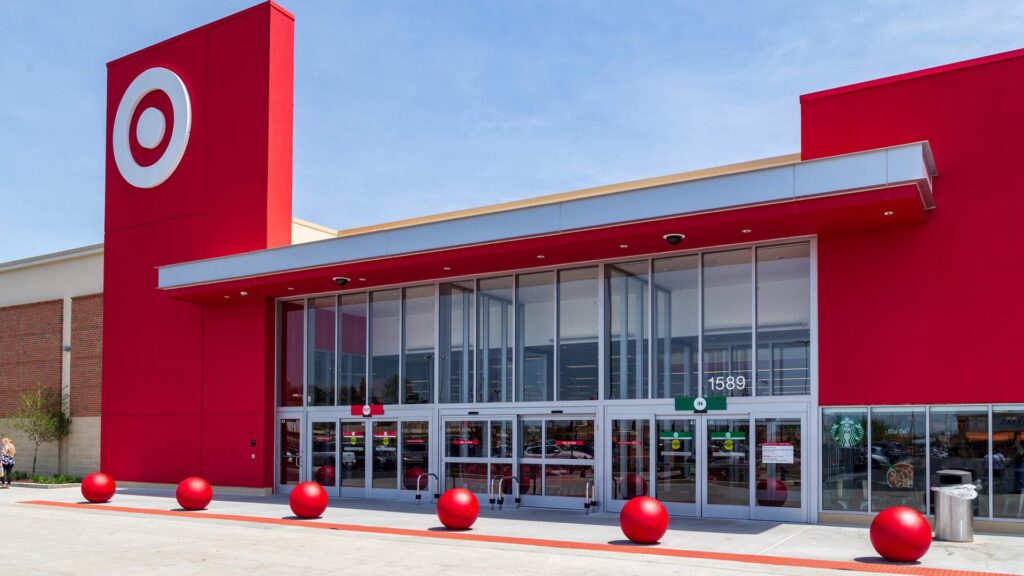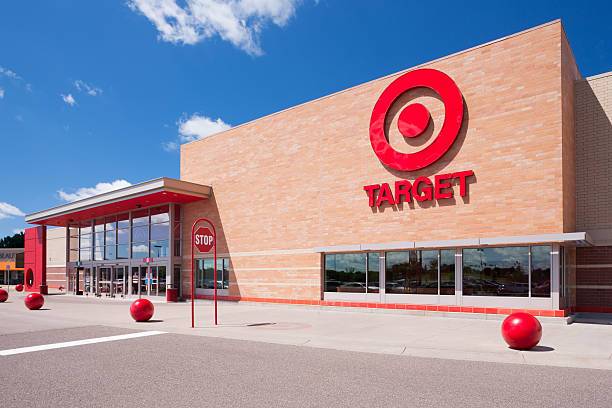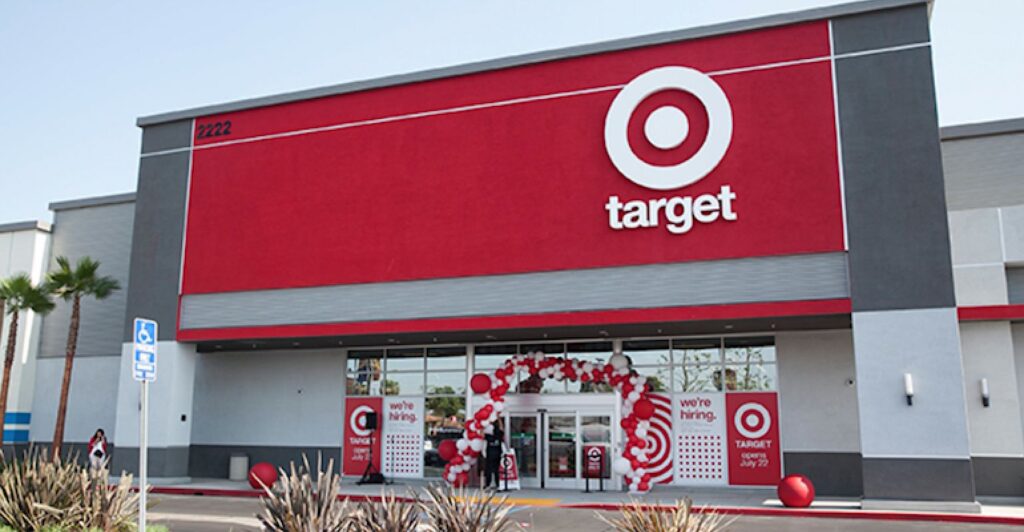Target, a retail giant synonymous with American shopping, delivers an extensive product range, from groceries to fashion, electronics to home essentials. In this article, we embark on a journey through the world of Target, exploring its founder, historical roots, product offerings, the pros and cons of shopping there, and its current market value.

Founder
Target, known for its diverse offerings and nationwide presence, traces its roots back to its visionary founder, George Dayton. In 1902, George Dayton, a prominent banker and astute real estate investor, embarked on a retail journey that would transform American commerce. He opened a single store in downtown Minneapolis, Minnesota, christened “Goodfellows.”
What began as “Goodfellows” swiftly evolved into the esteemed Target Corporation, an empire built on George Dayton’s business acumen and vision to provide customers with an all-encompassing shopping experience. Target, over the years, has gained a stellar reputation for delivering a wide array of top-notch products, all while emphasizing affordability and convenience. George Dayton’s legacy thrives through the enduring prominence of the Target Corporation, a retail giant synonymous with the American shopping landscape.
Popular Questions About Target:
History
Target’s history spans more than a century, marked by remarkable milestones:
- 1902: George Dayton establishes the precursor to Target, “Goodfellows,” in Minneapolis.
- 1918: The first Target store, known for its distinctive design and concept, opens in Roseville, Minnesota.
- 1960s: Target pioneers “discount retailing,” offering quality products at reduced prices.
- 1980s: The iconic red bullseye logo is adopted, solidifying Target’s brand identity.
- 1990s: Target expands nationally, becoming a key player in the retail industry.
- 2000s: Target continues to grow, introducing innovations like the Target Visa card and designer collaborations.
- 2020s: Target remains a leading retailer with a strong online presence and thousands of stores across the United States.

Leading US Cities and States for Target Shoppers
List of Products
Target is celebrated for its diverse product range, including:
- Clothing and Apparel: Target offers an extensive selection of fashion for men, women, and children, often in collaboration with designers and brands.
- Groceries: Shoppers can find fresh produce, packaged foods, and household essentials in Target’s grocery section.
- Electronics: Target stocks a variety of electronics, from smartphones to televisions.
- Home Goods: Furniture, decor, bedding, and kitchenware cater to home improvement.
- Toys and Games: Target is a top destination for toys, games, and entertainment.
- Beauty and Personal Care: Makeup, skincare, haircare, and grooming products are readily available.
- Household Essentials: Cleaning supplies, laundry items, and organizational products are in stock.
- Health and Wellness: Target provides a pharmacy, over-the-counter medications, and health products.
- Outdoor and Sports: Sports equipment, outdoor gear, and fitness items await outdoor enthusiasts.
- Books and Entertainment: Shoppers can discover books, movies, music, and video games.
Pros & Cons
Pros:
- Extensive Selection: Target’s vast product range caters to diverse needs in one place.
- Quality and Style: Known for stylish and often designer-inspired offerings.
- Convenience: Many locations offer services like same-day delivery and curbside pickup.
- RedCard Savings: Frequent shoppers can enjoy additional discounts and benefits with Target’s RedCard.
- In-House Brands: Target’s private labels, such as Cat & Jack and Up & Up, are well-regarded for quality and affordability.
Cons:
- Price Variability: While affordable options abound, some products may be pricier than discount retailers.
- Crowded Stores: High foot traffic can lead to crowded shopping experiences, especially during peak hours.
- Limited Fresh Food Selection: Target’s grocery selection may be smaller than dedicated supermarkets.
Net Worth (Market Cap)
Target Corporation has a market capitalization of US$51.95 billion as of October 2023. This makes it the 305th most valuable company in the world by market cap, according to CompaniesMarketCap.com.

Target has solidified its place as a retail giant, offering a vast array of products that cater to nearly every aspect of consumers’ lives. With a history spanning over a century, Target has evolved into a trusted brand known for quality, style, and affordability.
Whether you seek clothing, groceries, electronics, or home decor, Target’s broad selection, combined with its convenient shopping options, makes it a top choice for millions of shoppers across the United States.
